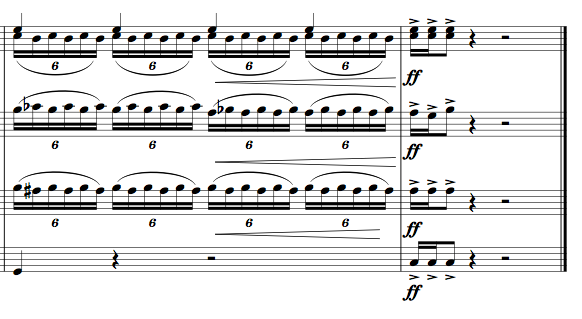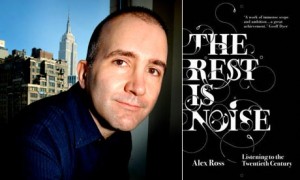Operaplot: easily digestible operachunks.
If you’ve been following my tweets, you may have noticed that it’s #operaplot season!
What? You haven’t heard about #operaplot, the brainspurt of that blogging genius over at The Omniscient Mussel? Well, it’s high time you learned.
The rules are simple. Summarize an entire opera in one tweet (ie 140 characters, including the hashtag #operaplot). You have until Friday at midnight to submit up to 25 summaries. Then the whole lot of them will be shipped off to celebrity judge, tenor Jonas Kaufmann. Hopefully he has a good sense of humor.
The winners will be able to choose from a bounty of prizes donated by opera companies around the world, the biggest includes a trip to Ireland!
The entries are coming in fast and furious now, it’s kinda fun to watch them show up on the feed. There’s a big trend towards writing limericks or couplets. Not really my style, but some of them are cute.
Here are my entries so far:
The Rake’s Progress
Country bumpkin moves to city,dumps Daisy Duke for Uncle Jesse lookalike. If you call that progress,you belong in a nuthouse too. #operaplotPeter Grimes
What?!? ANOTHER apprentice!? What happened to the last one? OK, ONE more, but then I’m cutting you off. The borough’s talkin. #operaplotThe Consul
Magda:”Baby’s sick, Grandma’s sick, Dad’s missing. HELP!” State:”Take two forms, call back in the AM.” Single Payer:The Opera? #operaplotPorgy and Bess
SBF iso SBM. Car,mule,legs optional. Happy dust OK. Just broke up w bf,so off to NYC for week. Write 2u l8r. (account deleted) #operaplotAnd my personal favorite (hoping to get to Ireland with this one!):
Nixon in China
@kissinger23, new idea for comeback: covertly fund musical with me as the hero. Focus on positive. Can we get Bernstein? #operaplotSee! It’s fun! Go ahead and write some of your own! (Although if you’re starting a twitter account just for this, it may take a few days for your entries to show up in the feed…)
| leave a comment |



